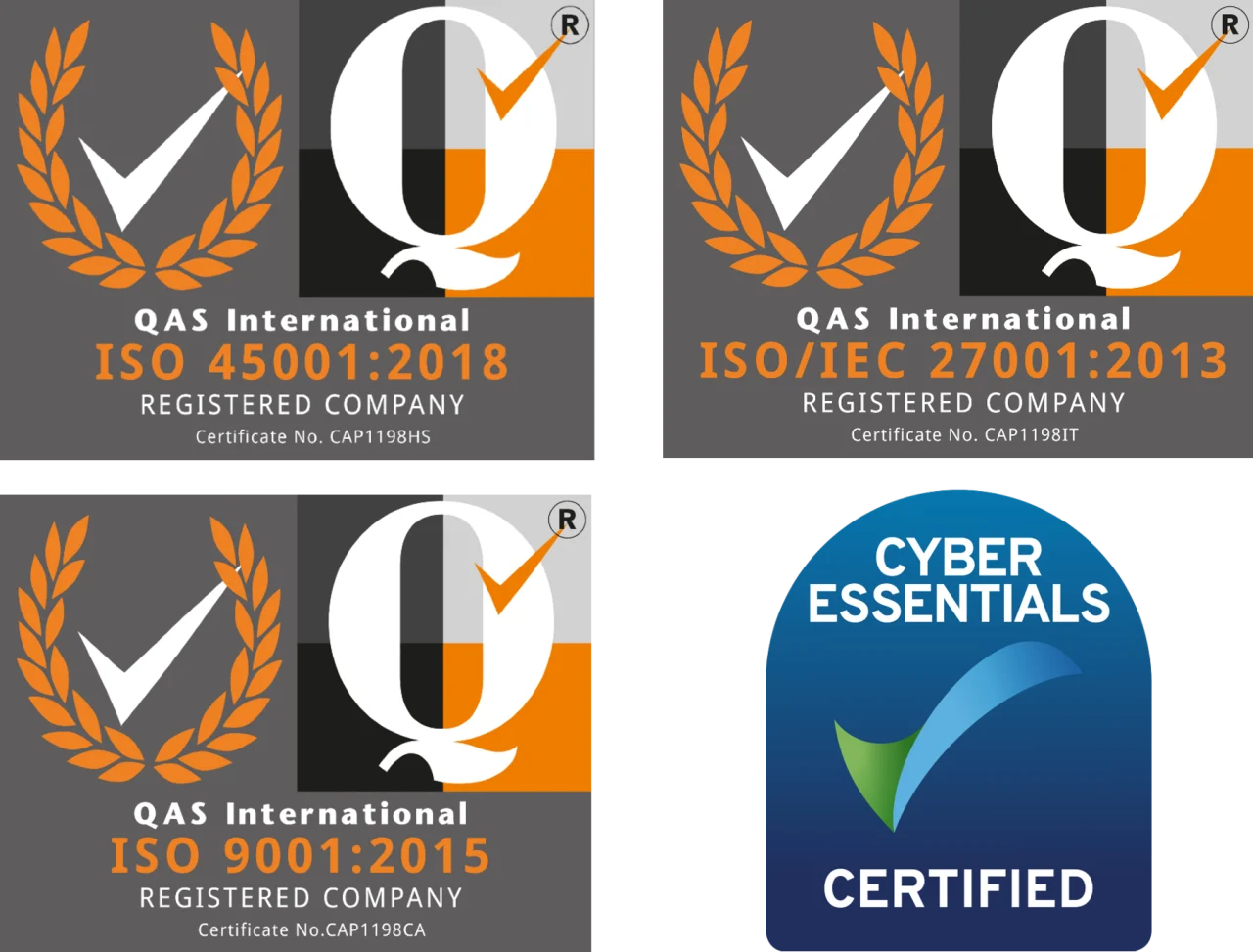BYOD (Bring your own device) is not a new phrase in the IT world. Since the inception of the smartphone, many companies offer their employee’s the option to use their personal phone for work related purposes.
In this article, we’ll be uncovering some important facts about BYOD.
Why is BYOD a good thing?
Mobile apps allow for simple and better-to-manage solutions in many instances for business owners. There are several reasons why BYOD is important, including increased productivity.
Employees are likely to increase productivity when they are using a familiar device.
Another benefit of BYOD is reduced cost to the business. The upfront cost of purchasing smartphones, line contracts and insurance can be a costly exercise for business owners.
It’s not only the cost – if your organisation has a fleet of devices and lines, then someone in the business has to manage those devices and the lines. This can be a time-consuming exercise, and it’s one big headache that can simply be removed if you have a BYOD policy in place.
There are some key points you need to think about if you do decide to go down the BYOD route.
Firstly, will you be compensating the employee in any way for the use of their mobile device for work activities?
Usually, a monthly “bonus” paid to the employee – while it is a small cost it does take out the headache of managing devices.
The other notable challenge is the security of company data. How exactly will you control company data on a personal phone?
For most, there is a simple solution, and that is to manage the access level of the company emails on an employees device.
It’s probably the number one thing most people use for business purposes, but what happens when the employee moves on or worse still is asked to leave?
How do you control the emails?
Most email providers like Office 365 have you covered, and you can lock down access to email via a management console.
However, your policy must reflect what is going to be controlled on the employee’s device. The employee must comply with any processes you have for data security.
*** CLICK THE DOWNLOAD LINK BELOW FOR A BYOD POLICY TEMPLATE ***
[esp_form 3567 title=”Sample BYOD Policy”]

